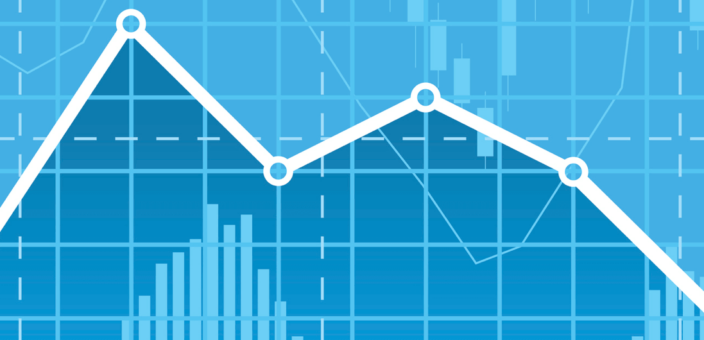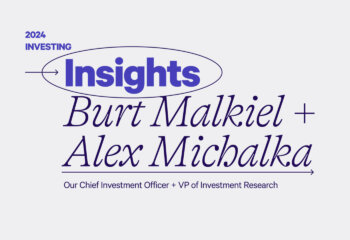James Surowiecki wrote this week about the effect of the volatile market on investors. In a New Yorker article titled Year of the Yo-Yo, he said investors are abandoning the stock market after a year in which they were whipsawed by the volatility.
This flight from stocks is probably not a good thing for people’s retirement accounts—after all, in a capitalist country owning some capital is usually a smart way to make money. But it may well be a good thing for investors’ psychological well-being. In effect, they’ve decided that, in a market as volatile as this one, the only way to win the game is simply not to play.
But the research shows that the bowing out of the market is one way to lose the game. And it’s only good for investors psychologically if they are not rational enough to plan for the long term. We hope that our readers don’t fall prey to the sense of fear that imbues the financial press.
Consider the 1970s
This is not the first time investors have been scared out of the market. Consider the 1970s, when nuclear missiles seemed to be hanging over everyone’s heads, energy crises were rocking the world and stagflation undermined confidence in market-based systems.
As for the stock market, a crash in 1973 ushered in an era of agonizingly slow growth. In fact a 2009 Wall Street Journal article wrote about how this era feels something like the 1970s for investors: laden with uncertainty.
Yet consider what would have happened to a 1970s investor who gave into fear and never returned to the market. A few weeks ago, we gave the results in a piece that answered an investor’s question: Should Volatility Keep Me From Investing?
Qian Liu wrote:
If you had invested $10K in U.S. large-cap stocks from 1971, you would have ended with $478K in 2010 despite a bumpy ride. (I’m using large-cap stocks because they serve as a good proxy for the performance of U.S. equities over a long time.)
If you had invested $10K in U.S. long-term treasury bonds, you would have ended with $269K. If you’d kept your investments in cash for the same 40-year period you would have lost the opportunity to make those returns, and even worse, the value of your money would have been eaten away by inflation.
It is true that the market has been extraordinarily volatile. As Mr. Surowiecki writes, the Dow Jones Industrial Average moved more than a hundred points on 40% of trading days last year, and the S&P® index moved more than 2% or more on more than 60 days.
Ordinary investors are dazed and confused … and professional money managers aren’t coping well, either. You’d have to look long and hard to find market outperformers this year.
In every era, some people say, “this era is different. History doesn’t apply.” But history does apply, and it shows that the only reason to bow out of the market now is if you truly believe an economic calamity is in the offing.
If that’s the case, maybe you’re also buying a bigger mattress for your cash?
Disclosure
The S&P 500 (“Index”) is a product of S&P Dow Jones Indices LLC and/or its affiliates and has been licensed for use by Wealthfront. Copyright © 2015 by S&P Dow Jones Indices LLC, a subsidiary of the McGraw-Hill Companies, Inc., and/or its affiliates. All rights reserved. Redistribution, reproduction and/or photocopying in whole or in part are prohibited Index Data Services Attachment without written permission of S&P Dow Jones Indices LLC. For more information on any of S&P Dow Jones Indices LLC’s indices please visit www.spdji.com. S&P® is a registered trademark of Standard & Poor’s Financial Services LLC and Dow Jones® is a registered trademark of Dow Jones Trademark Holdings LLC. Neither S&P Dow Jones Indices LLC, Dow Jones Trademark Holdings LLC, their affiliates nor their third party licensors make any representation or warranty, express or implied, as to the ability of any index to accurately represent the asset class or market sector that it purports to represent and neither S&P Dow Jones Indices LLC, Dow Jones Trademark Holdings LLC, their affiliates nor their third party licensors shall have any liability for any errors, omissions, or interruptions of any index or the data included therein.



